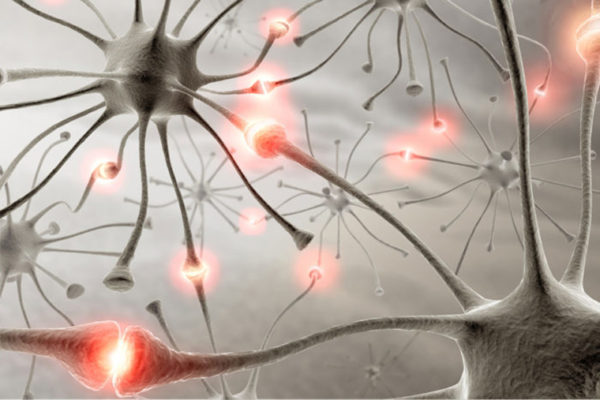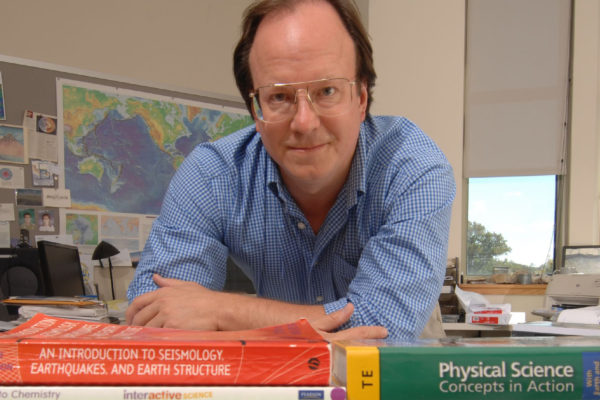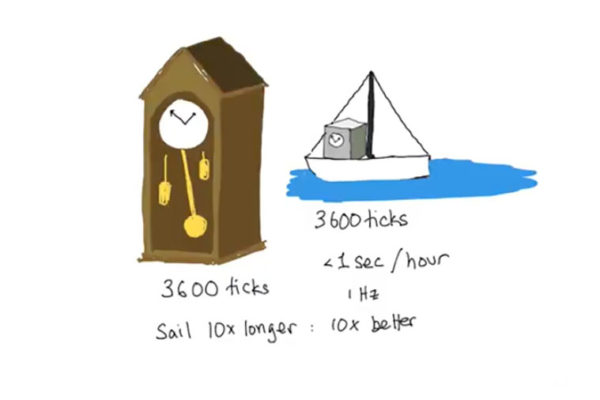In autism, too many brain connections may be at root of condition
A defective gene linked to autism influences how neurons connect and communicate with each other in the brain, according to a study from the School of Medicine. Rodents that lack the gene form too many connections between brain neurons and have difficulty learning.
Film festival presents Ward-Brown’s ‘Never Been a Time’
“Never Been a Time,” a documentary film by Denise Ward-Brown, associate professor in the Sam Fox School of Design & Visual Arts, will be screened Nov. 5 as part of the 26th annual St. Louis International Film Festival.
Wysession authors schoolkids’ new science programs
As a lead co-author of the K-12 Next Generation Science Standards being adopted by more than three-quarters of U.S. schools, Michael Wysession, professor of earth and planetary sciences in Arts & Sciences, is presenting an innovative “Elevate Science” instructional program published in October through Pearson Education.
Memorial service for student Gregory Paul Smith Jr. planned Saturday
A memorial service for Gregory Paul Smith Jr., who was entering his junior year at Washington University in St. Louis, will be held at 2 p.m. Saturday, Nov. 4, in the Women’s Building Formal Lounge. Smith died July 27, 2017, while studying abroad in London. He was 20.
WashU Expert: Is a bipartisan approach to fixing Obamacare feasible?
The bipartisan bill proposed by U.S. Sens. Lamar Alexander and Patty Murray, aimed at shoring up the troubled health insurance markets, has some approaches that would help fix the marketplaces, but more changes are needed, says a health economist at Washington University in St. Louis.
A bit of a ‘quantum magic trick’
Is there a faster way to determine a frequency? It turns out there is, in a new discovery published this week in Physical Review Letters by a collaboration between a Washington University in St. Louis and the University of Rochester.
Debate to highlight America’s changing role in the world
In today’s political climate, American foreign policy is frequently a prime topic of discussion and, often, disagreement. This conversation will come to Washington University on Monday, Nov. 6 when some of the nation’s top minds will square off at a debate on the evolving role of the United States on the international stage.
Eating more like our ancestors would improve human health
Malnutrition problems can be traced to poor-quality diets lacking in diversity, a recent phenomenon in evolutionary history, according to a new paper from the Brown School at Washington University in St. Louis.
Penny-wise, pound-foolish decisions explained by neurons’ firing
A new study at the School of Medicine suggests that being penny wise and pound foolish is not so much a failure of judgment as it is a function of how our brains tally the value of objects that vary widely in worth.








